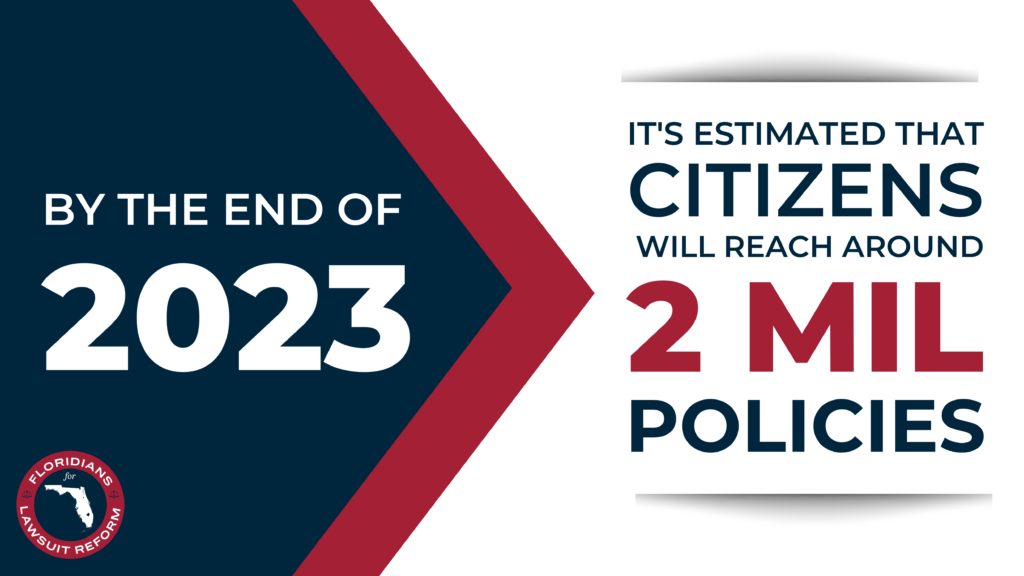
More frequent, more severe storms are primarily to blame for Florida’s crumbling property insurance business, exploding premiums, and policy cancellations: among all 50 states, the National Oceanic and Atmospheric Administration shows Florida is hit by the most hurricanes, with the highest risk of catastrophe.
Add in Hurricane Ian last September, the third costliest weather disaster, and insurance companies just can’t pay all the outstanding claims for repairs and replacements.
Now, another kind of storm is brewing.
Port St. Lucie homeowner Vernon Rainey saw the premiums to insure his house almost double in one year.
“I am insured with Citizen. My previous insurance company raised the price so high I couldn’t afford it. It went about $6,000 a year, from $3400,” said Rainey.
By the end of 2023, an estimated two million Florida homeowners will be insured by Citizens Property Insurance Corporation, the state-backed insurer of last resort, while private companies fold or flee Florida.
Fort Pierce insurance agent Greg Jerger blames rampant fraud.
“Why are they going out of business? Frivolous lawsuits, right? And it all started, I would say, this year with the mess. It all started with the A.O.B,” Jerger said.
A.O.B. is the assignment of benefits.
Jerger is seeing more clients getting their policies canceled after first getting swindled. Unscrupulous contractors inflate repair costs, then convince homeowners to sign over their rights to their policy benefits.
The contractor then pockets thousands of dollars from insurers with an inflated estimate, pushing insurance companies to the financial breaking point, which then closes up shop.
Jerger advises any client who can afford it to make storm-mitigating home improvements themselves, even a new roof, to keep their houses insurable. He says that might require help from the state.
“Let’s give these people some credits that they can work with, credits in terms of rebates; you did some to your home, something to we come up with some grant money or something to try to get these people to get new windows, new doors, maybe hurricane doors, hurricane windows.”
If your policy gets canceled, call your insurance agent immediately. There can be options, but you’re now competing to get coverage. “Citizens” is still the last option, but a new state law will force you to take whatever a private insurer charges if the premiums are less than 20% higher.
And speaking of higher, rising home prices also mean rising repair costs. As Vernon says about his own home, “I built my house 40 years ago. I had about $150,000 in. I was offered $750,000. It’s not worth $750,000”
But, like most of us, Vernon isn’t selling or leaving, and needs to keep his property insurance.
“(I) have no place to go. I was born and raised in Florida. I have no intention of leaving. They need to do something about the insurance.
Taking steps to protect yourself from losing your policy or getting priced out may come down to what you can pay for right now.
That may mean paying to replace your roof if it’s approaching 15 years old or older. Also, removing large trees or branches that could threaten your home in a storm is important.
So is installing wind protection, like hurricane straps, shutters, or other roof-bracing measures, that could get you a rate discount or keep your rates from rising too much.
Finally, you may have to consider flood insurance or a secondary water damage policy.
Most of the steps are not cheap if you can afford them in the first place.
